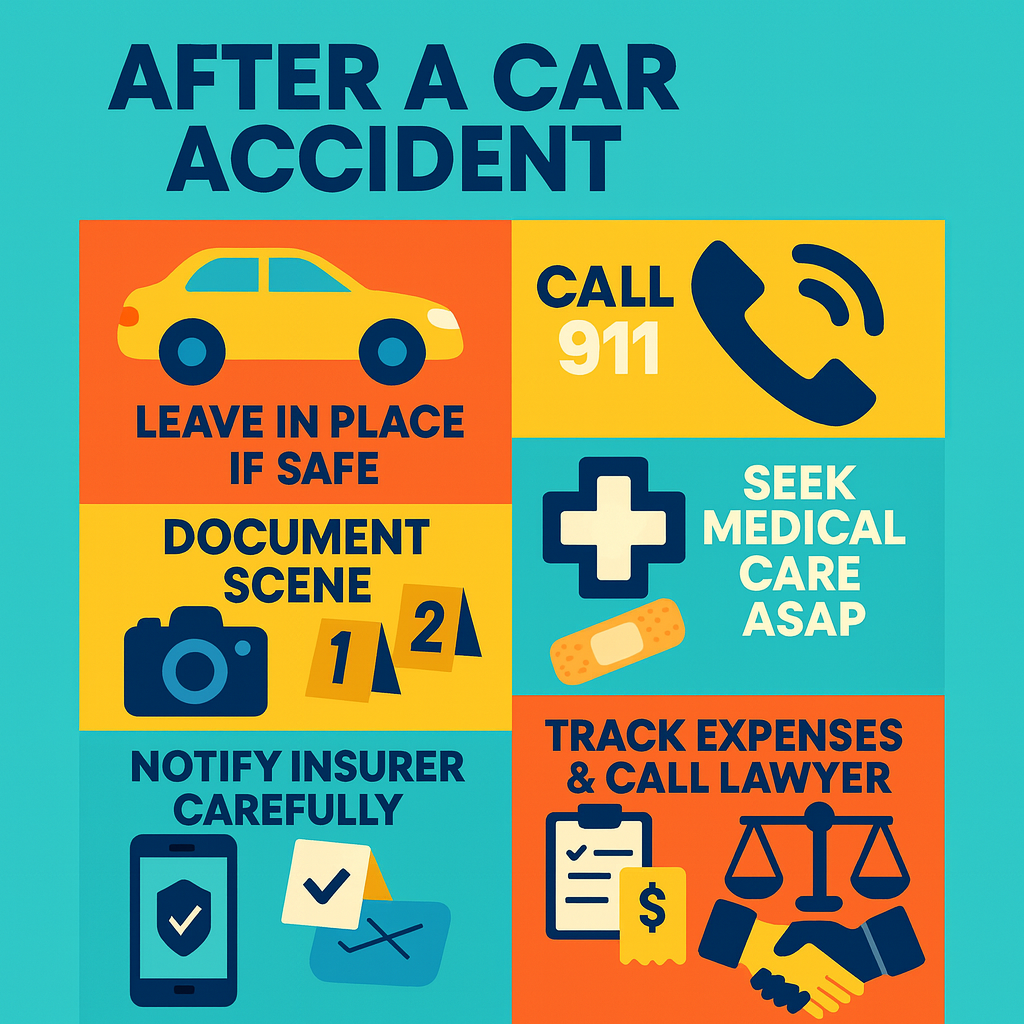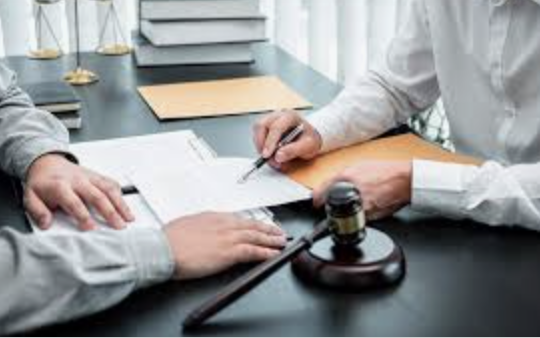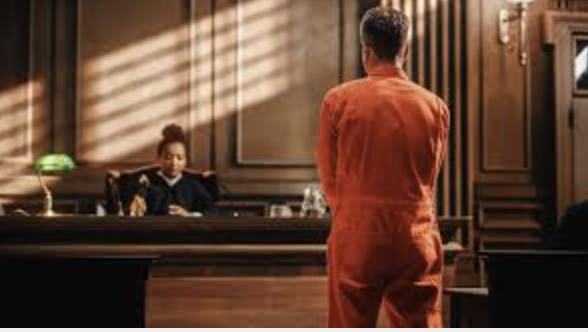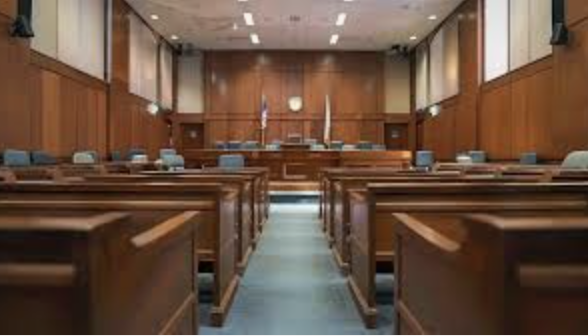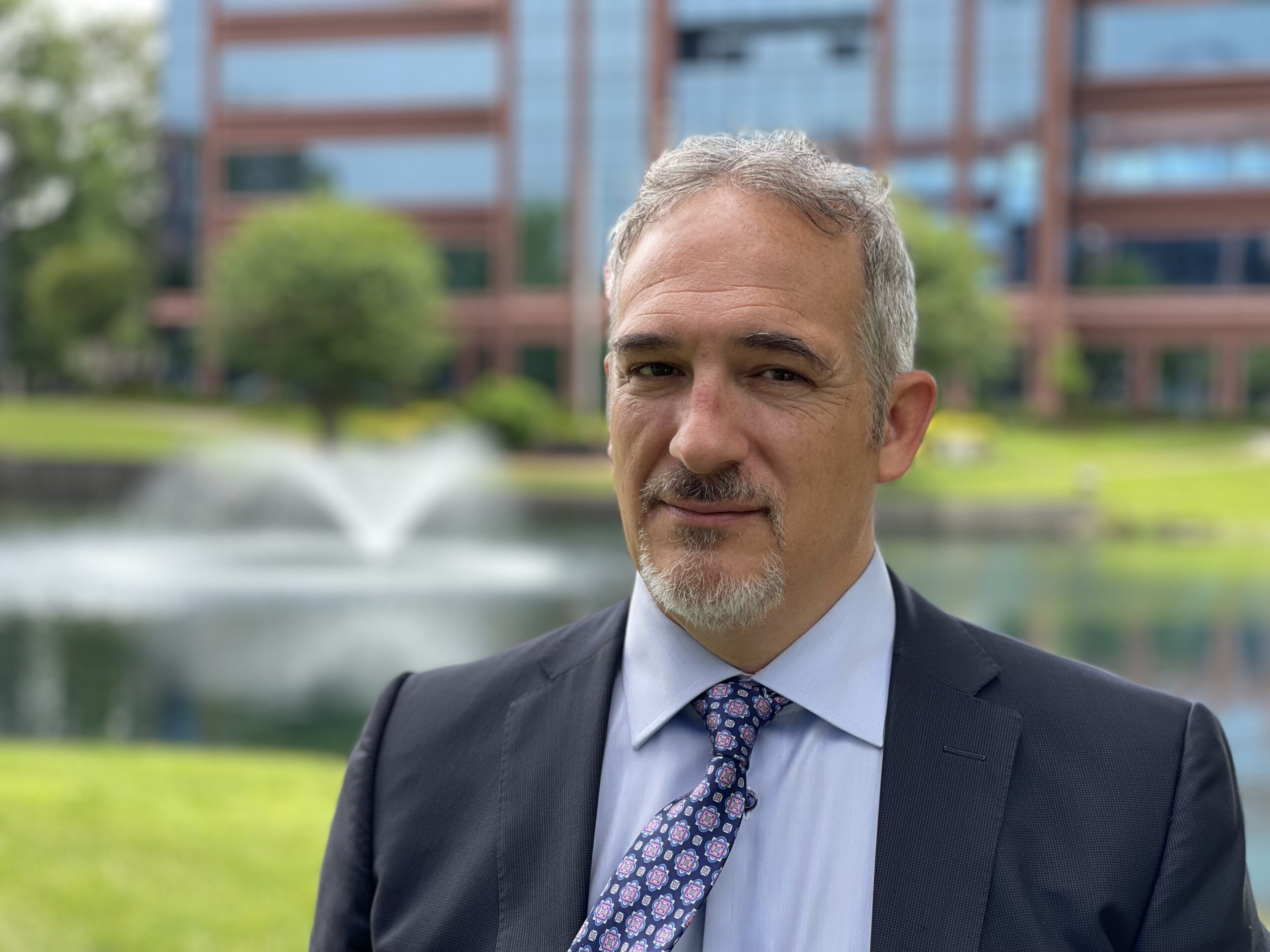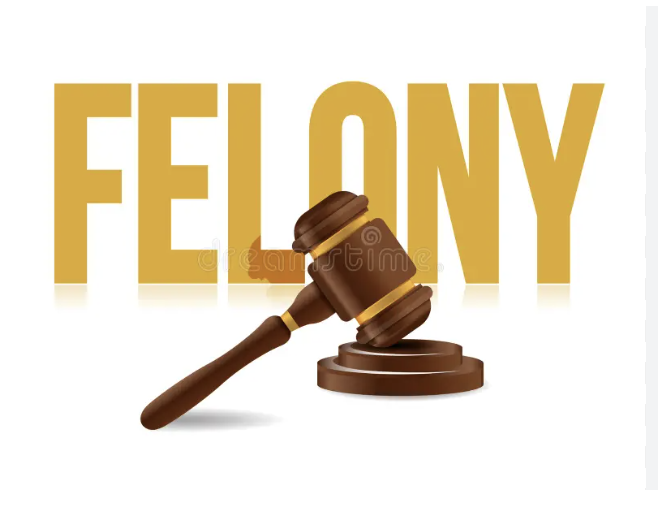What to Do After a Car Accident in Virginia Beach
The aftermath of a crash is hectic. The steps you take in the minutes and days after can protect your health, your rights, and the value of your claim. Here’s a clear checklist.
A step-by-step guide from Cardon Law. This is general information, not legal advice. If you’re injured, consult a local personal-injury attorney about your specific case.
1) Safety First & Call 911
Leave vehicles in place if it’s safe.
If you can safely do so, keep vehicles where they came to rest. This helps the officer reconstruct the scene and may support a citation for the at-fault driver. If staying put creates a hazard, turn on hazards, photograph positions, then move out of traffic.
Call 911 in every case. People skip calling for a few common (but risky) reasons:
-
“No one seems hurt.” Adrenaline masks pain; symptoms can appear hours or days later. Without a report, insurers may dispute your claim.
-
“We already exchanged insurance.” The other driver might be uninsured or misrepresent coverage. Police can verify proof of valid insurance.
-
“They don’t want trouble.” You still need an objective record of what happened—even if the other driver is unlicensed or worried about a ticket.
Cooperate with first responders.
Accept medical evaluation even if you “feel fine.” Tell them every area that hurts so symptoms are documented.
2) Document the Scene
-
Exchange information with the other driver and witnesses (names, numbers, plates, insurance). Don’t assume police will capture every witness.
-
Photograph everything: vehicle positions/damage, plates, skid marks, debris, traffic signals/signs, road conditions, and visible injuries.
-
Note context: time, weather, and any nearby homes or businesses with cameras.
3) Get Same-Day Medical Care
-
Be seen the same day (ER, urgent care, or your doctor).
-
Follow the plan and keep appointments—gaps in care hurt both recovery and claims.
-
Save paperwork: discharge notes, prescriptions, referrals.
4) Notify Your Insurer—Carefully
-
Report promptly and stick to the facts.
-
Know when interests diverge. If the at-fault driver is uninsured/underinsured, you may pursue a UM/UIM claim under your own policy. In that scenario, your insurer can become adverse to you.
-
Avoid recorded statements (especially with the other driver’s insurer) until you’ve spoken with an attorney.
5) Track Expenses & Missed Work
Keep a folder (digital or paper) with:
-
Medical bills and pharmacy receipts
-
Repair estimates and rental/rideshare receipts
-
Proof of missed work and wage loss
-
A brief symptom & activity journal (pain levels, limitations, sleep issues, tasks you can’t do)
6) Call a Local Personal-Injury Lawyer ASAP
A knowledgeable PI attorney can:
-
Identify all insurance (including coverages you may not realize you have)
-
Preserve critical evidence quickly (vehicle data, video, witness statements)
-
Handle adjusters, medical billing, and negotiations while you heal
-
File suit when offers are low or claims are delayed/denied
Common Insurance Tactics (and How We Respond)
-
Low initial offers: We send a detailed demand with medical records, bills, photos, police reports, wage loss, future care, and a clear liability narrative.
-
Disputing fault: We use witness statements, scene photos/measurements, and—if needed—vehicle data, noting any citations and outcomes.
-
Delay/deny: We press deadlines and, when necessary, take the at-fault party to court.
-
Overbroad medical requests: We limit authorizations to relevant records and protect your privacy.
When to Call a Lawyer
-
Serious or lingering injuries
-
Fault is disputed or it’s a hit-and-run
-
Commercial vehicle involved
-
Catastrophic injury or wrongful death
Questions? We Have Answers.
Free consultation: (757) 306-9060
24/7 direct to David A. Cardon: (757) 620-3283
FAQ
Do I have to call the police?
Yes. Calling 911 creates an objective report and ensures medical triage—both are important.
What if I feel fine after the crash?
Symptoms often surface later. Get evaluated the same day and follow up as needed.
Should I post about the crash on social media?
Avoid it. Insurers may misinterpret posts or post-crash photos.
